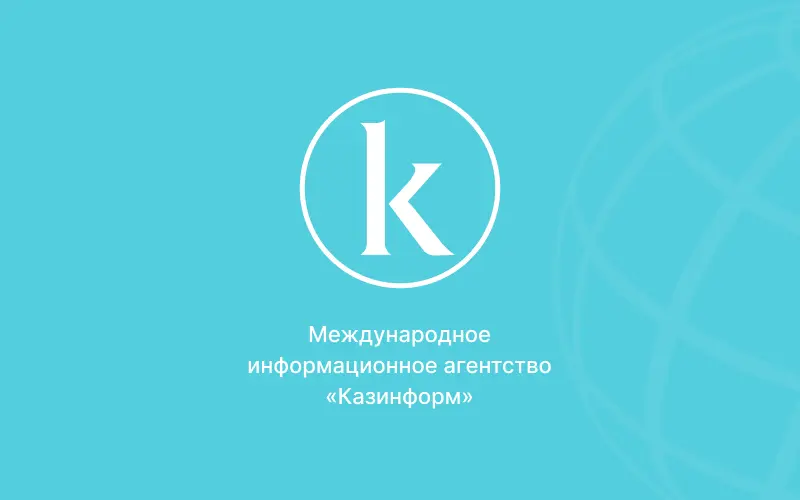Educational reform drives strategic change

Since Kazakhstan gained independence in 1991 the economy has more than doubled in size and basic economic indicators are far ahead of other Central Asian countries; socio-economic development continues to gain momentum and the time is right to focus on education as a high priority.
In 2011 Kazakhstan embarked on a ten-year programme to overhaul the entire education system. With 30 per cent of the population aged between 15-30 years and almost one-third less than 15 years, educational reform offers a platform to achieve rapid and far-reaching results.
While rich in natural resources, Kazakhstan is seeking to reduce dependency on raw material exports and focus on the development of innovative industries. President Nazarbayev has defined a new national goal of improving living standards by achieving a qualitative leap in economic growth. Educational reform will help to achieve this goal by fuelling the innovation required to drive a knowledge-based economy.
Since the earliest days of independence, Kazakhstan has sought to co-operate with leading international universities. The 'Bolashak' international scholarship programme established in 1993 has enabled over 6,000 students to attend universities abroad; many 'Bolashak' graduates now occupy leading positions in the state and private sectors of Kazakhstan.
In 2011, Kazakhstan committed to the Bologna process, designed to ensure comparability in standards and quality of higher education throughout the "European Higher Education Area". Nazarbayev University, founded in 2010, is leading the way by introducing best international practice to the curriculum and conducting high-level research in energy, life sciences and educational policies.
Kazakhstan's partnership with the international education community has brought positive change to a higher education system encompassing 600,000 students across 143 universities. Corporate management techniques, multilingual education and the promotion of academic mobility have set new benchmarks. A new PhD programme will equip the next generation of academics with the skills to develop cutting edge knowledge and integrate into the global academic community.
Improving the status of teachers in society and attracting young people into education and research are key targets. More than 120,000 teachers will complete additional training in the next few years through a program for continuous learning.
Kazakhstan has always placed a high priority on both the pure science and applied research sectors. State funding for research has grown rapidly over the past two years, working towards a target of one per cent of GDP by 2014. A new research management model, based on consultation with national research councils, has re-focused research on the needs of the new economy. Efforts are also underway to increase private sector involvement in scientific research and to coordinate education, research and innovation in line with best global practice.
The full text of the article is available at: http://educationviews.org/educational-reform-in-kazakhstan